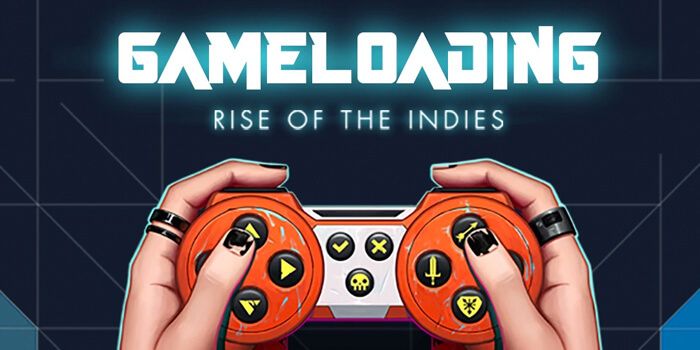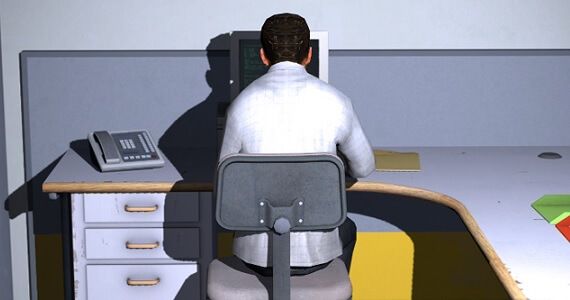Indie games are a rising force. While big studios are cashing in on well-recognized game franchises and pumping out endless sequels with ever-fancier graphics, independent developers with smaller budgets, different values, and big ideas are busy making the games they want to see.
The result of their steady efforts to push boundaries within the video game medium is an evolution of the form itself, consistent with paradigm-shifting alternative movements in film, music, and visual art. As indie game designer Robin Arnott says in the trailer to new video game documentary GameLoading: Rise of the Indies, “Working in independent games right now, it feels like there’s infinite potential in any direction.”
Video Games as an Art Movement
Just like cinema began in the early days, video games started off as a fringe and often ostracized medium, and over time it has grown exponentially into the mainstream. Big studios see money-making potential and become involved, putting out content that is made to appeal to the widest audience possible. As this happens, tried-and-true conventions become standard, and a status quo appears. As a reaction to this, outliers reject the predictable and homogenized norm and seek to create art that is raw and real and meaningful beyond polished formulaic entertainment. Countless art and social movements have followed this pattern, from impressionism to grunge, and we find ourselves in the middle of this process in gaming.
This is the perspective that the filmmakers of StudioBento take in their new video game documentary, GameLoading: Rise of the Indies, which is set to debut worldwide this month. Looking at indie games in the context of an art movement that is as significant as the French New Wave or Impressionism is one of the reasons I’m so excited to see this documentary. Some people might call such an assessment of indie games grandiose, but they should look no further than the omnipresence and 2.5 billion dollar price tag of the Minecraft franchise to appreciate how indie developers have already changed the landscape in a big way. We should also remember that at the dawn of video games, every title was a project of passion sustained by individuals or very small teams.
[HTML1]
Powerful Voices and Broad Perspective
The Gameloading documentary features interviews with prominent and rising indie game developers, such as Davey Wreden (The Stanley Parable), Rami Ismail (studio Vlambeer), Zoe Quinn (Depression Quest) and many others. Industry icons like John Romero, and academics who study video games also make appearances.
What looks to set Gameloading apart from the other video game documentaries—like Indie Game—is its broad cultural perspective of where video games stand as an art form and movement, and why radically different and often highly personal games are an important part of the growth of the medium. Where Indie Game took us on intimate journeys with a few prominent developers, GameLoading looks to expand its focus and paint a larger picture of the movement and its relevance to the evolution of gaming.
Gameloading also isn’t afraid to tackle meta issues in the gaming world, like the representation of women and minorities. These are important conversations that other cultural movements have dealt with, and GameLoading follows suit by shining a light on how video games are coming of age and rapidly evolving—all with the unavoidable degree of chaos and radical innovation that evolution brings.
How to Watch Gameloading Before and After Release
Besides the epic trailer for the film, the GameLoading YouTube channel has dozens of interview clips you can watch to get a better taste of what the video game documentary contains. These clips touch on subjects ranging from the game development process, to harassment in video games, to sound design and personal empowerment. Altogether, there is at least an hour of clip content to tide you over until the official release, which this gamer is definitely looking forward to.
GameLoading: Rise of the Indies by StudioBento will be released this month. You can check out local screenings or request a screening of your own on the film’s website here.


